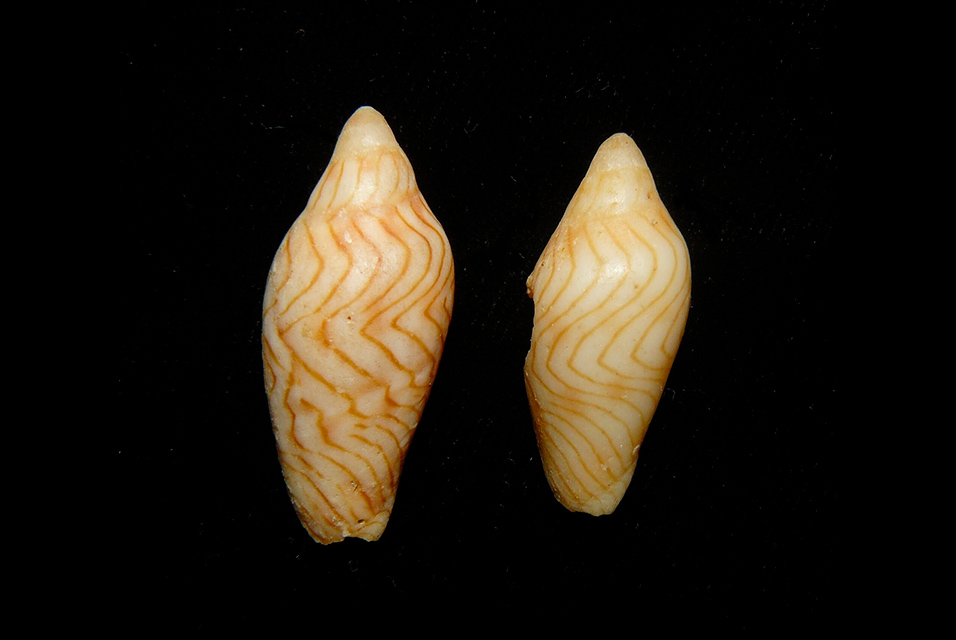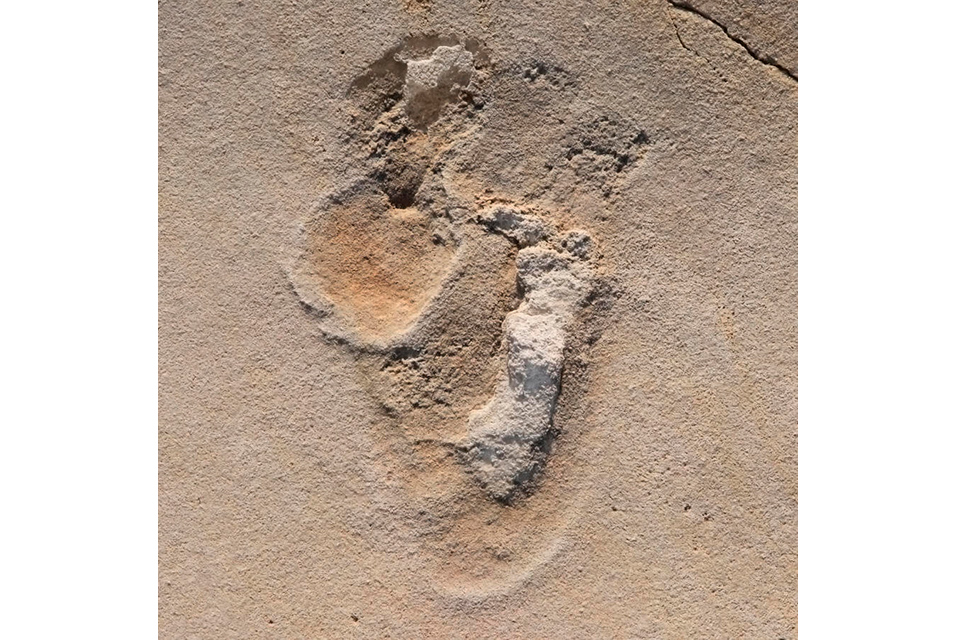BRISBANE.- A donation of an extensive and scientifically important shell collection to
Queensland Museum has led to the discovery of a new species of mollusk by a museum curator.
Amoria thorae, a new species of the carnivorous volute family of marine snails, was named in honor of long-time Brisbane resident Mrs. Thora Whitehead, whose collection was recently donated to the museum.
The new species is so rare, scientists have yet to see a live specimen. Presently it is known from only a handful of specimens, all just empty shells, trawled in the 1970's within a narrow distribution area from northern News South Wales to south east Queensland.
Queensland Museum Curator Marine Environments (Mollusks) Dr. John Healy said he long knew of a possible new species of carnivorous marine snail from the mid-eastern coast of Australia.
"I'd seen a shell of this marine snail illustrated in a book, but not officially described, so you can imagine my delight when photographing this new collection, I found not one, but two specimens of this potentially new species," Dr. Healy said.
"They were trawled off Cape Moreton at 110 meters depth and after further research I discovered a further two specimens cataloged under another species name at the Australian Museum. These four specimens formed the basis for the description of the new species, Amoria thorae.
This species is extremely rare, and my hope is that one day the living animal will be found, photographed and studied so we may better understand its biology and relationships."
The Thora Whitehead Collection is one of the largest and most comprehensive private collections of marine shells in Australia and contains thousands of species, including numerous rarities and foreign species many collected by Thora herself. Over the past three years, Dr. Healy has been working with the Whitehead family to acquisition these shells into the State Collection.
Dr. Healy said the Whitehead Collection will contribute not only to the expansion of the museum's mollusk collection, but also assist the international scientific community with research.
"Much of the material was collected by Thora over 50 years from localities around the Australian and especially Queensland coastlines, from habitats as diverse as mangroves, surf beaches, shell beds, rock platforms and coral reefs" Dr. Healy said.
"Thora's collection will continue to provide the basis for public education and future research projects for decades to come and that should always be the yardstick by which any collection of scientific merit (such as this one) is measured."
Queensland Museum Network CEO Dr. Jim Thompson said with more than 200,000 specimens, the collection was significant.
"We are grateful to Thora Whitehead and her family for this significant donation to the State Collection," Dr. Thompson said.
"Thora has been recognized by the scientific community for her contribution to malacology (the study of mollusks) and has co-authored a number of publications on the subject and has close to a dozen species of mollusks named in her honor, including the most recent species from her collection."
The new species was published in the Memoirs of the Queensland Museum.










